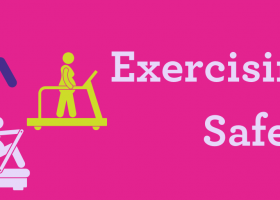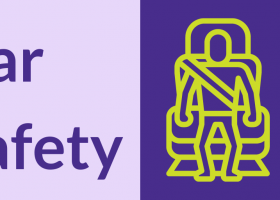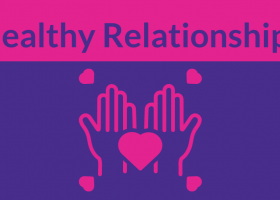Planning a Baby

Having a baby is a big deal and should be a decision, not just a happy accident! There are things we can do to make sure our bodies and our babies are given the best chance. You want to be sure that you and your partner are ready for major change in your lives, your budget and your body.
Here are a few questions to begin thinking about:
- How does having a baby fit into my reproductive life plan?
- Am I ready to change my life to take care of a new baby?
- Does my partner want to have a baby too?
- Can I afford a child right now?
- What changes do I need to make to my lifestyle to have a healthy pregnancy? Am I overweight, am I getting the right nutrients in the foods I eat, do I smoke or drink?
- Are there any vaccines that I need to get or medical conditions that I need to talk to my doctor about?
- Do I want to take time off from work when I have a baby? If so, do we have enough money for me to take time off work?
Your Health Now
Talk to your doctor about your preconception health care before becoming pregnant, even if you aren’t planning on a baby for a while. Preconception health is about your health now, before you plan on getting pregnant.
Your doctor will discuss:
- Your health history and current medical conditions.
- Medicines that you currently are taking.
- Vaccinations that you might need.
- Steps you can take before pregnancy to prevent certain birth defects.
Check out more information about preconception health with this webpage from the Office of Women’s Health.
Preparing Your Body
You can start protecting your baby from birth defects by taking 400 mcg of folic acid every day long before you plan on getting pregnant. Talk to your doctor about your folic acid needs. You may need more if you have certain medical conditions.
You can find folic acid in:
- A prenatal vitamin.
- Leafy green vegetables (spinach, collard greens, and kale) and asparagus.
- Dried beans and other legumes.
- Enriched orange juice, flour, and cereals (make sure to check the nutrition label).
Having enough folic acid in your body both before and during pregnancy can stop major birth defects from happening. These birth defects are:
- Spina bifida (SPEYE-nuh BIF-ih-duh). This happens when an unborn baby’s spinal column does not close to protect the spinal cord. When this happens, the nerves that control leg movements and other functions do not work. Children with spina bifida often have disabilities. They may also need many surgeries.
- Anencephaly (an-en-SEF-uh-lee). This is when most or all of the brain does not develop. Babies with this problem die before or shortly after birth.
Protect your Future Baby
Protecting your baby from health problems and infant death can start even before you become pregnant. Talk to your doctor about:
- Family planning and birth control. The chances of having a safe pregnancy and healthy baby are best when your pregnancy is planned.
- Taking folic acid. All women who can become pregnant need 400 mcg of folic acid every day.
- Vaccines. Talk about vaccines and any other tests or screenings you may need.
- Managing health conditions. Such as diabetes or high blood pressure. The CDC has webpages devoted to these conditions and more.
- Medicines you use. These include prescription, over-the-counter, and herbal drugs and supplements.
- Staying healthy. How to avoid illness and improve your overall health.
- Family’s medical history. Health problems that run in your or your partner’s family, like sickle cell anemia.
Tips for partner: If you’re considering starting a family with your partner, make the decision together. Here are some tips:
- Visit the doctor for your own preconception visit. You should be screened for STIs that can put your partner and future baby’s health at risk.
- Talk to your doctor about your health history, your family’s medical history and any medications you use.
- Limit your alcohol, quit smoking, and stop illegal drug use. These can all lead to problems with your sperm and are not good for your overall health.
- If you work with chemicals or other toxins, be careful not to expose your partner to them. It can be dangerous to your partner and growing baby’s health.
Local Resources
- Pregnancy Aid: Located in Northeast Detroit, they offer free services for pregnancy testing, emotional support, counseling for healthy relationships, baby supplies, and referrals to programs.
- The Birthing Center at Hutzel Women’s Hospital: You may be wondering what to expect when you go into labor at a hospital. Maybe you should go and check it out!
- Birth Midwifery: You may have some specific questions about your care in pregnancy or the process. Visit with Nicole White, a Certified Professional Midwife who offers prenatal care to moms and has assisted in births to many babies the world over. She offers services in Detroit.




